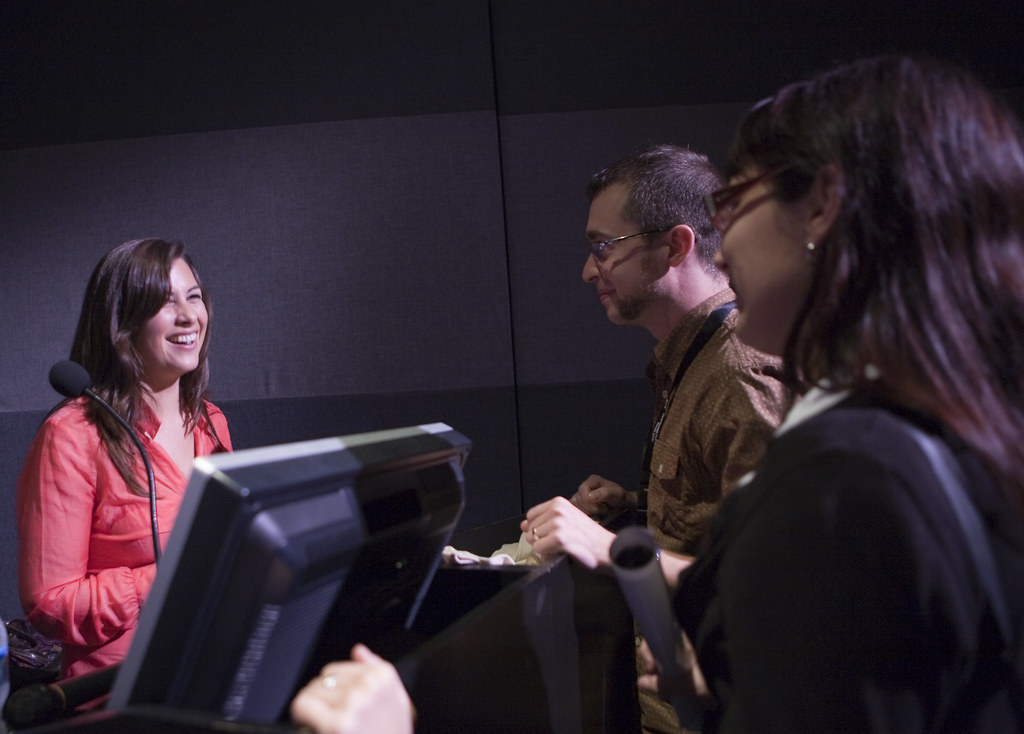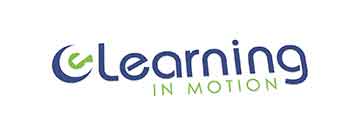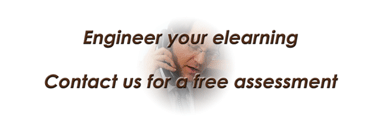At this point in time, and after what we have been through this 2020 and part of 2021, there is simply no excuse for not introducing writing activities and exercise into the engineering curriculum, and specifically in eLearning courses. We have heard all the excuses for not doing so: too much work, for both students and professors, too few resources available to help students improve their writing skills, students may hate the process (lack of support or resources, see previous point), both students and instructors do not find any learning value in the process, among others but I will concentrate in the two points listed at the beginning.
It is true that setting writing projects in an engineering eLearning course may seem a lot of work but that just happens during the initial steps of hashing out outlines, subjects to cover, and so on. In this step, it is crucial that the instructor sets up a set of standards that can guide students during the whole process, to a point where it would seem a routine task, it may require time and teamwork but at the end the process will become a smooth one, for both students and instructor. Plus, the instructor will learn and remember a lot more about the subject they teach because they will find a perspective they didn’t consider before, or a point of view from any of the students that they had not considered before. Which areas of engineering are best for setting writing exercises? That depends a lot on the subject but, in my experience, the best areas for a writing project are:
- Description of new innovative industrial processes
- Research on a particular technique
- A review paper for a particular subject or area in engineering
- Case studies of engineering failures or potential solutions to known issues in engineering (which they might encounter in the workplace)
- A design process for a new product, it may cover manufacturing of such product
Whichever subject you select for a writing project, it is important to establish a few ground rules on the amount of material you will require from them. Set a minimum number of words but ask them to include graphs, images, schematics, and so on. These minimum requirements will help them tune the amount of work they will need to do, you do not want tons of pages from those students very enthusiastic about the assignment, and you will have enough to grade from those that only want the grade and would do the minimum to get it.
Do use plagiarism-check tools. You do not want to encourage the “copy and paste” process, which is extremely easy to fall into. Encourage them to express multiple ideas they would find during their bibliography research. You may want to point the way by asking questions related to the subject they would explore, or signposts that may take them to a reasonable conclusion for their project. It is extremely important that you provide as much guidelines and support as you can at the beginning so they can find their way to the end of the project. If not, they will get stuck and wait until they get a hold of you to express their doubts, wasting valuable time in the process.

Many schools are now investing in forming a group that will support students with their writing skills. In some cases, it is a centralized unit that helps all schools within the college or university, in some cases it is justified having that group within the same engineering department or college. These units or groups will help students with problems such as style in writing, formatting, composition, and other areas related to writing.
Forming such groups may take up resources and the investment needs justification so it is in important that students use these resources as much as possible. In many cases, students wouldn’t feel the need for such help, but it is important to encourage them to attend workshops, use available resources, and consulting with the experts in those groups. Many colleges start small and then build up as the need and demand increase, this may be a good approach for a college looking to start such group. It is undeniable that students need to graduate from engineering programs having many skills related to their core education, but other skills needed in the workplace are important to teach during these formative years, and one of these is writing. Professors need to add writing projects or subject reviews to encourage students in picking up this skill. It may seem a lot of work for both students and professors, but the burden can be reduced if rules and guidelines are in place that can guide students during the whole process so that they have the final goal in view while they develop their projects. Finally, colleges and universities should invest in having a support group that could help students develop composition and writing skills, with resources, workshops, classes, and other materials that can help students improve this marketable skill.
As always, find us in social media. You can share this content by using the buttons below. If you have questions and comments, use the form at the bottom of this page, or contact me directly, and I will get back to you as soon as I can. Thank you for reading this post.

